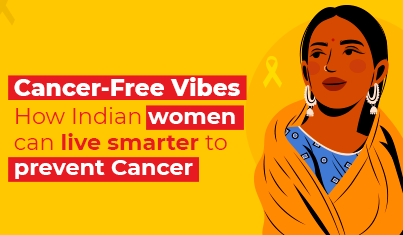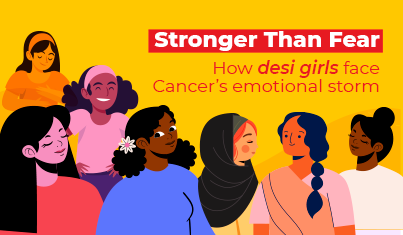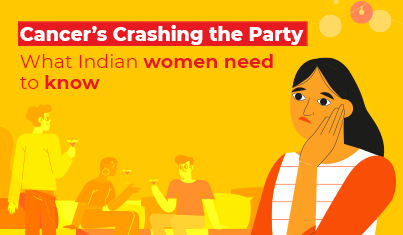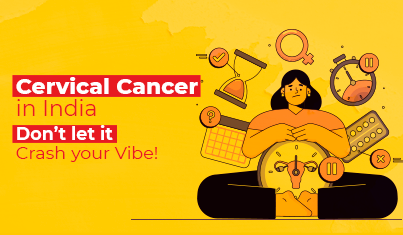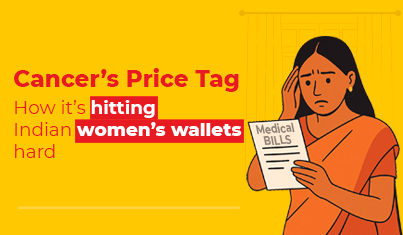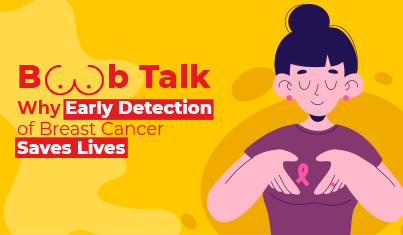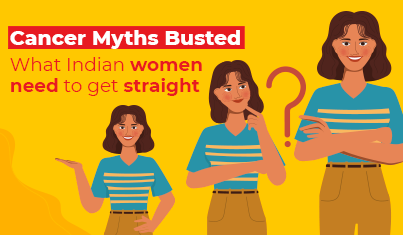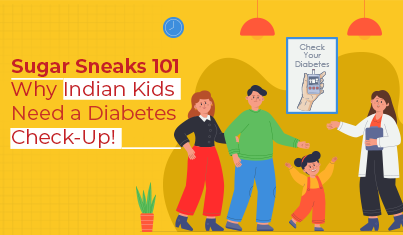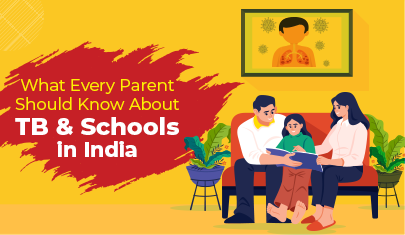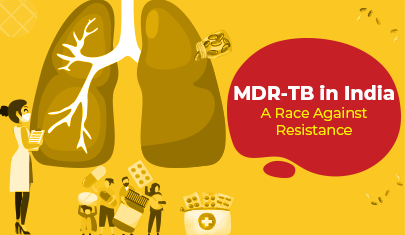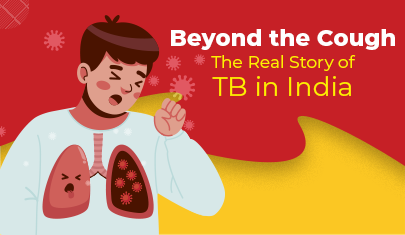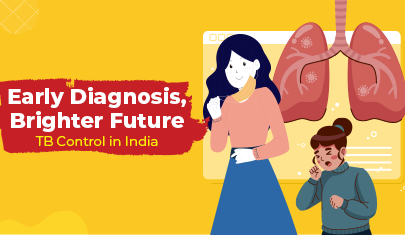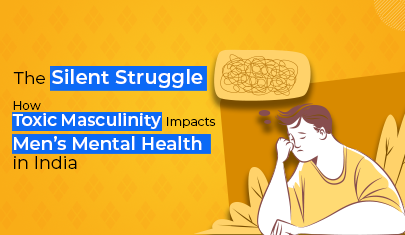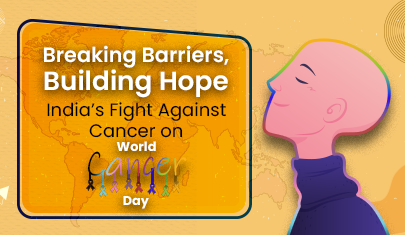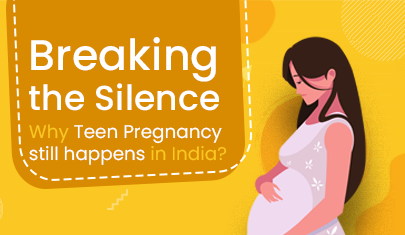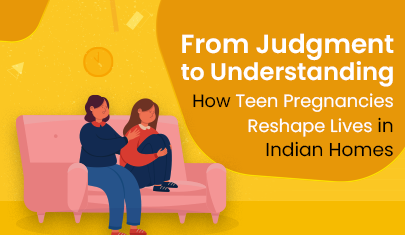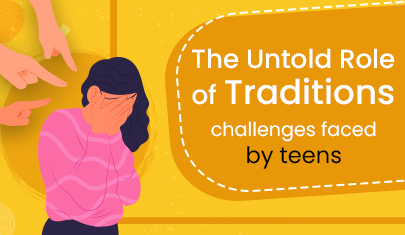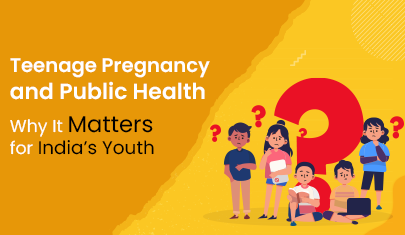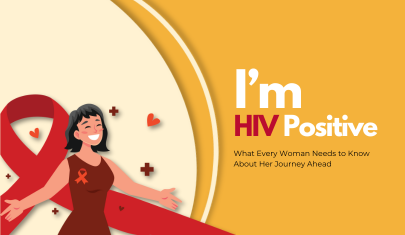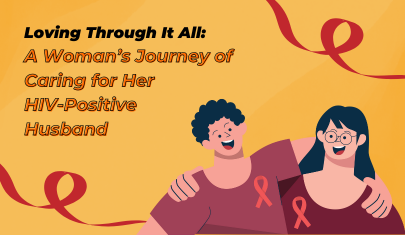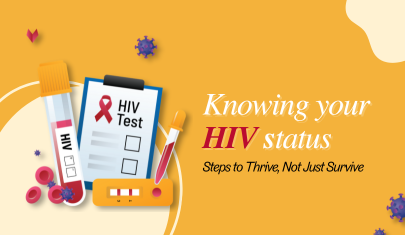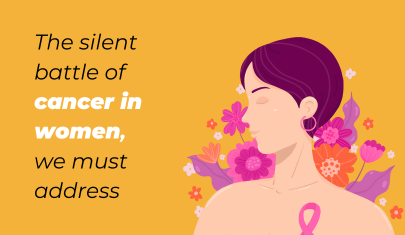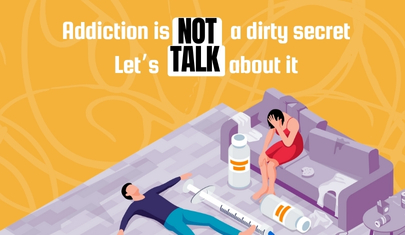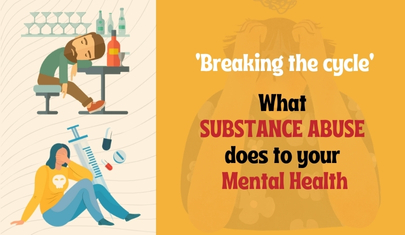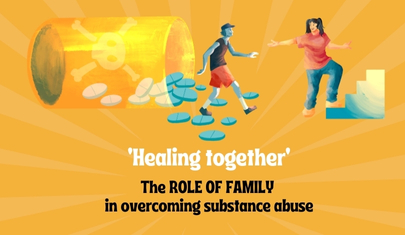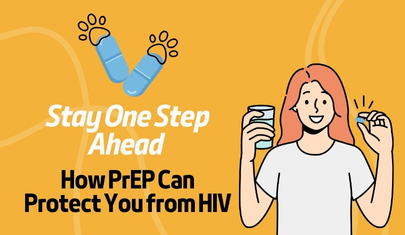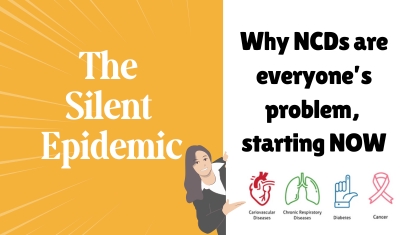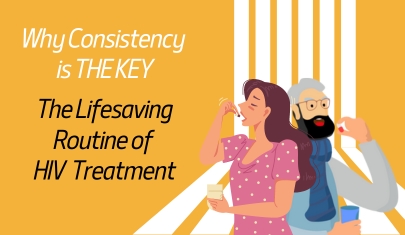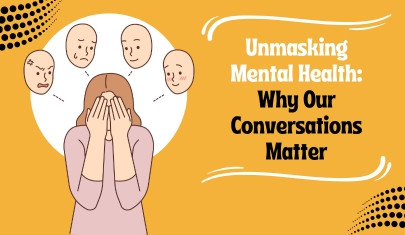General
Stay Informed, Stay Protected: A Woman’s Guide to STIs
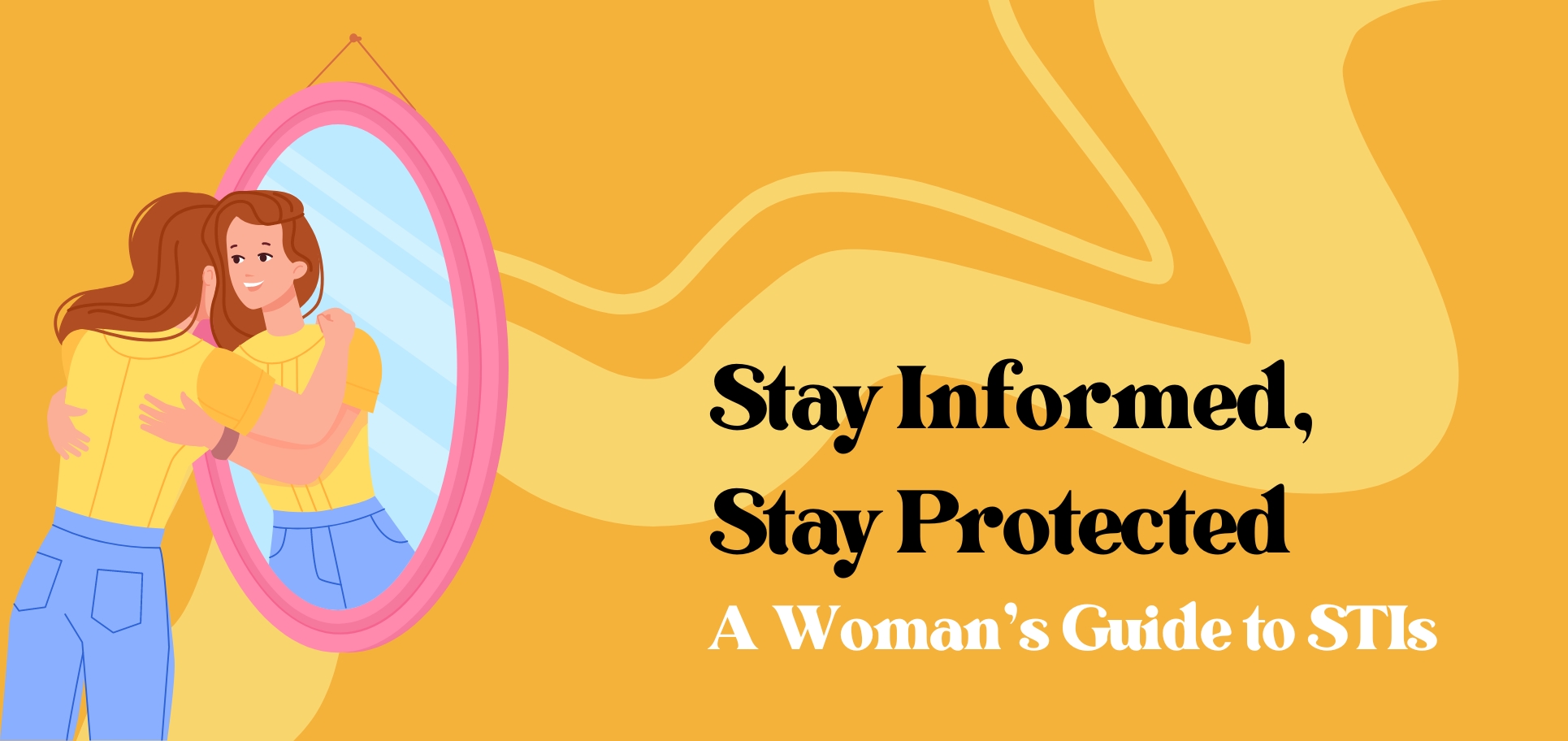
Women and STIs: What Every Woman Should Know
Let’s get real for a minute. When it comes to health, there are a lot of things women talk about with friends—everything from skin care to dealing with cramps. But there’s one topic that often gets swept under the rug: sexually transmitted infections (STIs). If you’ve ever felt awkward or unsure about this topic, you’re not alone. Many women feel the same way, and that’s why we’re going to have an open, candid, and important conversation about STIs.
This isn’t just a ‘scary medical talk’ blog. This is about understanding your body, knowing how to protect yourself, and being empowered to take control of your sexual health. And yes, if you ever need support, the YRGCARE team is here for you. So, let’s dive in!
What Are STIs? (And Why Should I Care?)
First things first: what are STIs? Sexually transmitted infections, as the name suggests, are infections passed from one person to another through sexual contact. This includes vaginal, anal, and oral sex. Some of the most common STIs are chlamydia, gonorrhea, syphilis, herpes, and human papillomavirus (HPV).
But wait, is an STI the same as an STD?
Great question. You’ve probably heard of sexually transmitted diseases (STDs). STIs and STDs are often used interchangeably, but there’s a slight difference. An STI refers to the presence of the infection, while an STD refers to when the infection has progressed to the point of causing disease or symptoms. The good news? Not all STIs turn into STDs. But they can if left untreated.
So, why should you care about STIs?
Because they’re incredibly common, especially among young people. According to the World Health Organization, more than 1 million STIs are acquired every day worldwide. And here’s the thing: many STIs don’t show obvious symptoms, which means you could have one and not even know it.
How Do Women Get STIs?
STIs are transmitted through sexual contact, but let’s break that down a little more.
- Vaginal or anal intercourse: STIs like chlamydia, gonorrhea, and HIV can be transmitted during vaginal or anal sex.
- Oral sex: STIs such as herpes, syphilis, and gonorrhea can be spread through oral sex. Yes, even oral sex can put you at risk.
- Skin-to-skin contact: Some STIs, like genital herpes and HPV, are spread by skin-to-skin contact, so they can be transmitted even without penetration.
And here’s the kicker—using protection like condoms or dental dams can reduce the risk of getting an STI, but they’re not 100% foolproof. Skin contact and other factors can still allow STIs to spread.
What Are the Symptoms of STIs?
The tricky part about STIs is that many don’t come with flashing red warning signs. In fact, a lot of women don’t even realize they have one until it’s picked up during a routine test.
But if symptoms do show up, what should you look for?
- Unusual discharge: A change in the color, smell, or consistency of vaginal discharge can be a sign of an STI.
- Itching or irritation: Feeling itchy down there? It could be a yeast infection, but it might also be a sign of an STI.
- Burning during urination: This could indicate a urinary tract infection (UTI), but it’s also a common symptom of STIs like chlamydia or gonorrhea.
- Pain during sex: This isn’t normal, and if you’re feeling discomfort, it’s worth getting checked out.
- Sores, bumps, or rashes: If you notice anything unusual around your genitals, it’s time to see a healthcare provider.
Why Are STIs More Complicated for Women?
Now, let’s talk about something that doesn’t get enough attention—why STIs tend to hit women harder than men.
Q: Why are women more vulnerable to STIs?
A: Women’s bodies are more biologically susceptible to STIs for several reasons. The lining of the vagina is thinner and more delicate than the skin on a penis, making it easier for infections to take hold. Women are also less likely to notice symptoms because some infections can affect internal organs without showing outward signs.
Q: What are the long-term consequences of untreated STIs?
A: For women, untreated STIs can lead to serious health issues. One of the biggest risks is pelvic inflammatory disease (PID), an infection of the reproductive organs that can cause chronic pelvic pain, infertility, and complications during pregnancy. STIs can also increase your risk of getting HIV if you’re exposed to it because they weaken your body’s defences.
What About Pregnancy and STIs?
If you’re pregnant or thinking about becoming pregnant, understanding the risks of STIs is crucial. Some STIs, like syphilis, HIV, and herpes, can be passed to the baby during pregnancy or childbirth. Others, like chlamydia and gonorrhea, can cause complications like premature birth or low birth weight.
Q: What should I do if I’m pregnant and have an STI?
A: First, don’t panic. Many STIs can be treated during pregnancy. It’s important to get tested early and follow your healthcare provider’s advice to protect both you and your baby.
How Can I Protect Myself from STIs?
Okay, so we’ve covered how common and sneaky STIs can be, but what can you do to protect yourself? Here are some steps you can take to lower your risk:
- Use protection: Condoms and dental dams are your best defense against STIs. Make sure to use them correctly and consistently.
- Get tested regularly: Don’t wait for symptoms. Regular testing is the only way to know for sure if you have an STI. This is especially important if you have a new partner or multiple partners.
- Talk to your partner: It might feel awkward, but having an open conversation with your partner about STIs and testing is key to staying safe.
- Limit your number of sexual partners: The more partners you have, the higher your risk of exposure to STIs.
- Get vaccinated: Vaccines are available for some STIs, like HPV and hepatitis B. Talk to your healthcare provider about what’s right for you.
But What If I Have an STI?
Let’s be clear: having an STI doesn’t mean there’s something "wrong" with you. STIs are common, and they don’t define who you are. The important thing is knowing what to do next.
Q: What should I do if I think I have an STI?
A: Don’t wait. See a healthcare provider as soon as possible. Many STIs are easily treated with antibiotics or other medications, but the sooner you catch them, the better.
Q: Can I still have sex if I have an STI?
A: If you have an active STI, it’s important to avoid sex until you’ve been treated and your healthcare provider has given you the green light. If you do have sex, use protection to reduce the risk of passing the infection to your partner.
How Do STIs Affect Women’s Mental Health?
It’s important to recognize that STIs don’t just affect your body—they can also take a toll on your mental health. You might feel shame, anxiety, or even fear about how having an STI will affect your relationships. These feelings are normal, but it’s important to remember that STIs are a health issue like any other. There’s no need to feel ashamed.
Q: How can I cope with the emotional impact of an STI?
A: Talk to someone you trust, whether it’s a friend, family member, or counsellor. You don’t have to go through it alone. Professional counselling is also a great way to process your feelings and develop coping strategies.
What About STIs and Women in Vulnerable Groups?
STIs can disproportionately affect women in certain groups, including sexual minorities, women living with HIV, and women in low-income or underserved areas.
Q: Why are sexual minorities at higher risk for STIs?
A: LGBTQIA+ women may face barriers to healthcare access, discrimination, and stigma, which can prevent them from getting tested or treated for STIs. It’s important for healthcare providers to offer inclusive, nonjudgmental care.
Q: How do STIs affect women living with HIV?
A: Women with HIV are more vulnerable to contracting other STIs, which can complicate their overall health and treatment. Regular testing and integrated care are key to managing both HIV and any co-occurring STIs.
YRGCARE Is Here for You
Talking about STIs can be uncomfortable, but it’s an essential part of taking control of your sexual health. At YRGCARE, we’re here to provide the support, guidance, and resources you need. Whether you’re looking for counselling, telemedicine consultations, or referrals, we’ve got you covered.
Remember, your health is your power. And there’s no shame in reaching out for help. If you have any questions, need support, or want to schedule a test, don’t hesitate to get in touch.
With warmth and support - YRG Family




